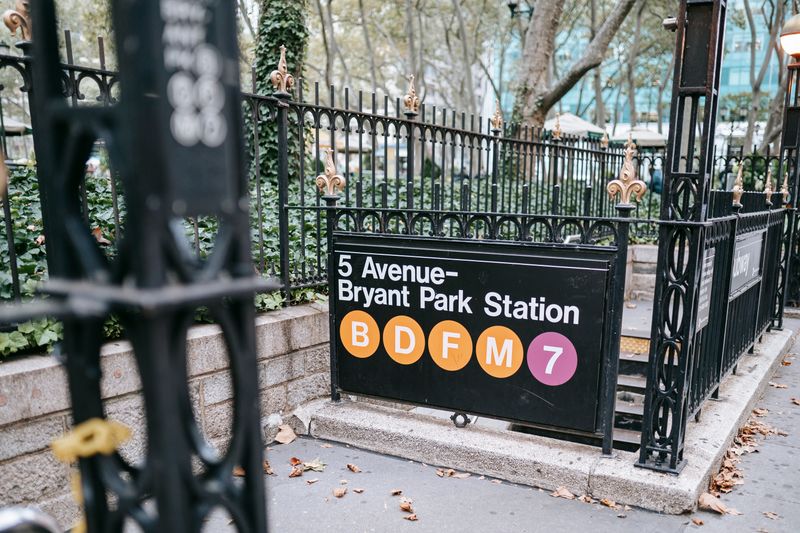Government UK’s New Online Safety Law Adds to Crackdown on Big Tech Companies
The United Kingdom has passed a new internet safety law with the goal of making the country the safest place to be online. The law has wide-ranging powers that aim to crack down on digital and social media companies, including TikTok, Google, Facebook, and Instagram parent Meta. However, the law has sparked controversy, with digital rights groups arguing that it threatens online privacy and freedom of speech.
What is the Online Safety Law?
The Online Safety Law, which has been in the works since 2021, requires social media platforms to take down illegal content, such as child sexual abuse, hate speech, terrorism, revenge porn, and self-harm promotion. The law also mandates that platforms prevent such content from appearing in the first place and provide users with more controls, including the ability to block anonymous trolls.
This law takes a “zero tolerance” approach to protecting children online by making platforms legally responsible for their online safety. Platforms will need to restrict children’s access to potentially harmful or age-inappropriate content, such as pornography, bullying, or content that glorifies eating disorders or provides instructions for suicide. Additionally, social media platforms will be required to verify user ages, typically 13 years and older, and porn websites will need to ensure users are 18 years and older. The law also criminalizes activities like cyberflashing, which involves sending someone unwanted explicit images.
What Happens if Big Tech Companies Don’t Comply?
The law applies to any internet company, regardless of its location, as long as UK users can access its services. Companies that fail to comply with the law can face fines of up to £18 million ($22 million) or 10% of their annual global sales, whichever is greater. Senior managers at tech companies may also face criminal prosecution and potential imprisonment if they fail to respond to information requests from UK regulators. These managers can also be held criminally liable if their company does not comply with regulators’ notices regarding child sex abuse and exploitation. Ofcom, the UK communications regulator, will be responsible for enforcing the law and will initially prioritize illegal content while taking a phased approach to enforcement.
Details on how the law will be enforced, beyond the initial focus on illegal content, have not yet been provided.
What are the Criticisms?
Some critics argue that requiring tech companies to ensure content is not harmful for children could lead to platforms being forced to choose between sanitizing their platforms or making users verify their ages through privacy-intrusive methods such as uploading official identification documents or using face scans. The law also raises concerns about the clash between the British government and tech companies over encryption technology. Regulators under the new law will have the power to require encrypted messaging services to install “accredited technology” to scan encrypted messages for terrorist or child sex abuse content. However, experts argue that this provision would create a backdoor for private communication, compromising everyone’s safety.
Meta, the parent company of Facebook and Instagram, recently announced plans to implement end-to-end encryption for all Messenger chats. The UK government has urged Meta not to do so without including measures to protect children from sex abuse and exploitation.
The Balancing Act of Internet Safety
While the new Online Safety Law in the UK aims to make the internet a safer place, it is important to balance this goal with protecting online privacy and freedom of speech. It is crucial to create laws and regulations that effectively address illegal and harmful content without overly restricting digital rights.
In today’s interconnected world, where digital platforms play a significant role in our lives, the responsibility to protect users falls on both the government and the tech companies themselves. It is vital for tech companies to proactively monitor and moderate their platforms to ensure the safety of their users. However, the burden should not solely rest on their shoulders.
Government regulations and oversight are necessary to hold tech companies accountable for their actions and ensure a safe online environment. However, regulations must be carefully crafted to balance the need for safety with the protection of privacy and freedom of speech. Striking this balance is crucial to avoid overreach and unintended consequences.
Internet Security and Personal Responsibility
While governments and tech companies have roles to play in ensuring internet safety, individual users also have a responsibility to protect themselves online. Internet users should be aware of the risks associated with sharing personal information online and exercise caution when interacting with digital platforms.
Practicing good internet security habits, such as using strong and unique passwords, enabling two-factor authentication, and being mindful of the content shared online, can go a long way in safeguarding personal information and minimizing the risk of falling victim to online threats.
Furthermore, individuals should critically evaluate the information they encounter online and seek diverse sources to obtain a well-rounded perspective. Engaging in civil and respectful online discourse can contribute to a healthier and more informed digital landscape.
Editorial: Striking a Balance Between Safety and Freedom
The passage of the Online Safety Law in the UK reflects the global push to address the challenges posed by the largely unregulated tech industry. On one hand, regulations are necessary to protect vulnerable individuals, particularly children, from exploitation and harm. On the other hand, it is essential to preserve privacy and freedom of speech, as they are fundamental pillars of a democratic society.
While the intentions behind the Online Safety Law are commendable, careful consideration must be given to the impact these regulations may have on individual rights and the innovation of the tech industry. Striking the right balance requires collaborative efforts between governments, tech companies, and civil society organizations to ensure that regulations are effective, proportional, and do not result in unintended consequences.
It is essential for governments worldwide to learn from the UK‘s approach and engage in open dialogues with stakeholders to develop comprehensive and balanced solutions that protect individuals while preserving the values that underpin our societies.
At the same time, the responsibility does not solely lie with governments and tech companies. Internet users themselves must also take an active role in promoting online safety and responsible digital citizenship. By educating themselves about online risks and adopting best practices, individuals can contribute to creating a safer and more inclusive digital world.

<< photo by Charles Parker >>
The image is for illustrative purposes only and does not depict the actual situation.
You might want to read !
- The Rise of Yubico: Exploring the Implications of Going Public
- Tech terrors: Unmasking the escalating threat of malicious apps
- The Escalating Cyber Warfare: China Accuses U.S. of a Decade-Long Campaign Against Huawei Servers
- The Evolving Landscape of Car Cybersecurity: A Promising Decade of Decreasing Critical Vulnerabilities
- Darknet Drug Marketplace Piilopuoti Shut Down by Law Enforcement: A Blow to the Illicit Online Trade
- Decoding the Intricacies: Unraveling the Secrets of the New XWorm Variant
- The Escalating Battlefield of Cyber Warfare: China’s Accusation Against the U.S.
- Critical Flaws in Omron Patches PLC Software Unveiled During ICS Malware Investigation
- Parents Unite: Pushing Back Against a Controversial Kids Online Safety Bill
- The Mom’s Meals Data Breach: Understanding the Impact and Taking Action
- UN Warns of Rising Online Scams in Southeast Asia, Threatening Hundreds of Thousands
- Hacking the Industrial Infrastructure: Unveiling Vulnerabilities in Omron Patches and Engineering Software




